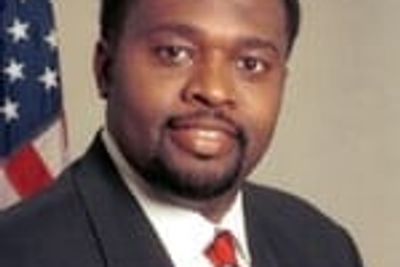That information, as well as an update on how the new categories are being folded into existing nondiscrimination training, was reviewed by the Metro Human Relations Committee at its Feb. 8 meeting. And while the commissioners appreciated hearing from Dirk Essary, training coordinator with Metro’s Human Resources Department, many expressed an interest in further discussions about how these complaints will be handled, given that the two new categories are protected at the local level, but are not part of the broader Title VII classes that receive federal protection.
“Diversity training officially began on July 1, 2008, and we took the training that we began at that time and updated it last Sept. 25, when the new diversity wording was approved by the council,” Essary says. “We added some information to make sure we highlighted those.”
All new Metro hires are required to take the 90-minute diversity course, and a retraining cycle puts the information in front of existing employees and supervisors every three or four years, depending on their seniority level. The class itself focuses on the protected classes in Title VII — race and color, national origin, sex and religion — and now folds in the Metro-level categories of sexual orientation and gender identity. All told, it’s more about cultural differences and enrichment than pointing out differences, Essary said
“We think it’s a better approach to talk about what something is, and how we deal with it,” he said.
Essary added that Metro’s supervisors and managers will get more information on these issues if they participate in the Metro Management Institute program, a 40-hour course that digs a lot deeper into diversity and other issues. At this level, he said, the questions are less about the rules themselves and more about how to better ensure that they are being followed.
Commissioners wanted to know if these protections extend to Metro’s contractors, and were told by Metro lawyers that all contactors are asked to give an oath affirming that they are not discriminating in any way, but that doesn’t cover their training practices.
As far as complaints go, the procedure in place calls for an employee to voice their concern to the immediate supervisor, or if that individual is the source of the problem then to move up the chain or even go directly to the human-resources department. Everything from a quick, lower-level settlement to a full-bore investigation can result, but a very detailed process is in place to handle complaints, according to staffers.
Thus far, one individual has complained under the two new categories, but there could be others that haven’t begun to work their way through the process, said Kelvin D. Jones III, executive director of the commission.
Enforcement was a worry for commissioner Iris Buhl, who asked if a complainant could resort to litigation if they were unhappy with an investigation's outcome. She was told that the person could sue, but sexual orientation and gender identity are not Title VII classes, so their action would have to be outside the usual EEOC lawsuit channels.
By taking a look at the new categories early on, and through a series of listening tours throughout Davidson County, the commission hopes to stay on top of compliance issues as well as address new concerns from the community, said Scott Ridgeway, the commission’s chair.
“We want to look at how rules are being implemented, and to make sure that we’re not just following the status quo,” Ridgeway said. “We want to tackle issues that affect not just the GLBT community, but also the entire population. That’s why we are having these listening forums, which we want to expand. During the spring and summer we hope to meet with the GLBT, Muslim, Hispanic and other communities to listen to their concerns and issues. That gives us information on how we can be proactive not only for advocacy, but also for education and possibly policy.”
